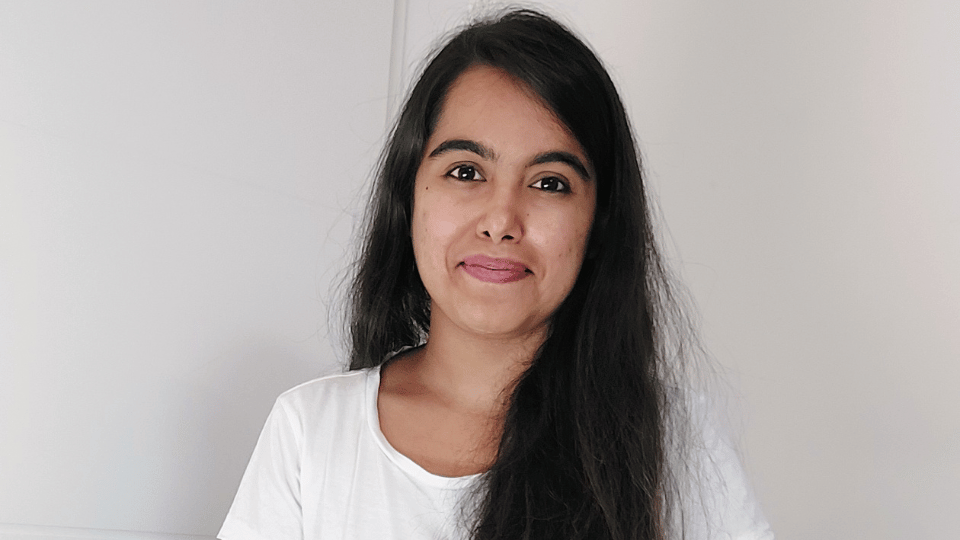Anxiety relaxation techniques: how to relax when you have anxiety
Introducing and using techniques like progressive muscle relaxation, deep breathing and visualisation can help you to relax your body and mind.
Introducing and using techniques like progressive muscle relaxation, deep breathing and visualisation can help you to relax your body and mind.



Common symptoms of anxiety include heart rate increases, muscle tension and an increase in your rate of breathing.
By using relaxation techniques as part of your strategy to deal with anxiety, you can start to manage your physical and psychological symptoms more effectively, improving your physical and mental health. These techniques will help to instruct both your body and brain to relax. They'll also act as a good distraction, giving you an opportunity to distance yourself from the worried thoughts that caused your anxiety in the first place.
Give these five exercises a go as part of your strategy for coping with anxiety.
These simple breathing exercises help to slow your heart rate down and reduce your blood pressure, both of which increase when you’re anxious. This will leave you feeling calm and relaxed.
There are plenty of established breathing exercises for anxiety. Here’s how to do one of the most effective – diaphragmatic belly breathing:
Join our expert therapist, Priory's Adele Burdon-Bailey, as she takes you through key breathing exercises designed to reduce anxiety and return you to a state of calm.
Muscle relaxation helps you to relax muscles that are tense as a result of your anxiety.
During a muscle relaxation exercise, you tense and relax certain muscle groups one at a time. As you do so, you should notice a difference in how that part of your body feels. The tension and stress should dissipate, leaving the area feeling loose and relaxed.
Here's how to quickly relieve anxiety-induced muscle tension:
When you feel anxious, you may find that you focus on the worst possible scenarios. During these moments, learning to visualise something calm and serene can distract you from these anxious thoughts and instruct your body to relax.
Below are some tips to help you with visualisation:
Mindfulness is a practice that allows us to engage in the present. Using techniques like yoga, meditation or breathing exercises, mindfulness trains us to acknowledge and control our feelings, emotions and bodily sensations. Practising mindfulness is a good way of managing thoughts that might be causing you to become anxious.
Here are two exercises that heavily involve mindfulness:
Join our Priory Therapist Adele Burdon-Bailey in the Body Scan, a 10-minute guided meditation for relaxation and grounding.
Calm, soothing music can be a quick win when you want to reduce your anxiety and stress levels. Acting as a distraction from anxious thoughts, keeping us present and forming an emotional release, music provides many anxiety-busting benefits. The science confirms it too; a study in the journal Psychoneuroendocrinology found that music can be “considered a means of stress reduction in daily life, especially if it is listened to for the reason of relaxation.”
Classical or slow and soft pop alternatives are often the best types of music to listen to, but find what works for you.
Similar to the visualisation exercises above, you could also try the 5,4,3,2,1 method (follow it step-by-step on our Instagram) as a means of distraction. Name:
Known as a grounding technique, this method encourages you to focus on your senses, bringing your attention back to the present and allowing you to relax.
At first, do your preferred technique two to three times a day. The more you do it, the more comfortable it will feel. Try to commit to the techniques for a total of around 20 minutes a day.
Even if you can only practise for a few minutes a day, over time the technique should become second nature, where you're able to use it to relax yourself in moments when anxious thoughts appear.
If you haven’t used relaxation techniques for your anxiety before, it can take a little bit of work for them to feel natural. We understand that at the start, you may feel frustrated about your inability to do them.
Try to do the exercises regularly. For some people, it can take time for the exercises to be effective.
